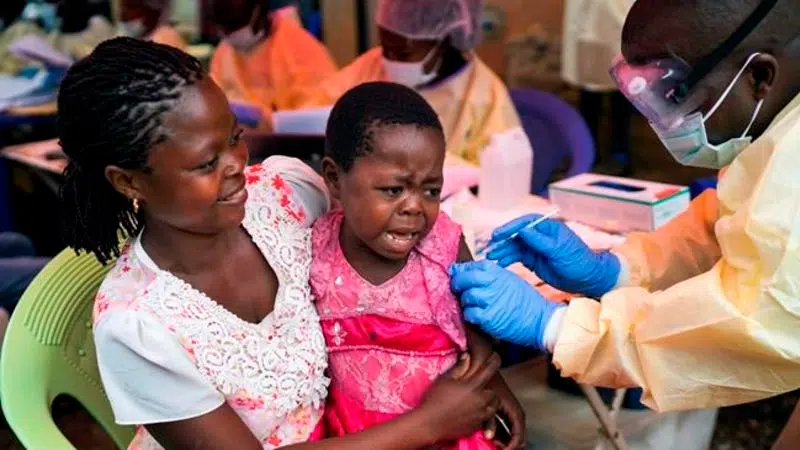
Ebola outbreak in Congo declared a global health emergency
GENEVA — The deadly Ebola outbreak in Congo is now an international health emergency, the World Health Organization announced Wednesday after a case was confirmed in a city of 2 million people .
A WHO expert committee declined on three previous occasions to advise the United Nations health agency to make the declaration for this outbreak, even though other experts say it has long met the required conditions. More than 1,600 people have died since August in the second-deadliest Ebola outbreak in history, which is unfolding in a region described as a war zone.
A declaration of a global health emergency often brings greater international attention and aid, along with concerns that nervous governments might overreact with border closures.
The declaration comes days after a single case was confirmed in Goma, a major regional crossroads in northeastern Congo on the Rwandan border, with an international airport. Also, a sick Congolese fish trader travelled to Uganda and back while symptomatic — and later died of Ebola.


